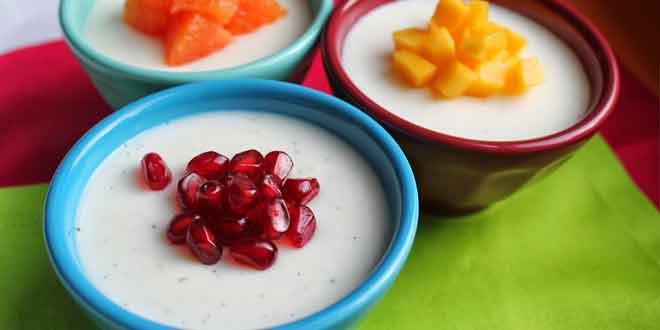
10 Best Sehri Foods to Keep Your Energy Level Up During Ramadan
With such limited time to eat in Ramadan, food consumption should be all about quality over quantity. Sehri in particular should be a wholesome, moderate meal that is both satisfying and able to provide enough energy to last you several hours. It is best to eat foods that are high in complex carbohydrates, proteins and fiber. Your body takes a long time to break these foods down and, so their energy is released slowly, over several hours.
The following foods, when eaten as a part of a nutritious, balanced sehri are sure to keep you energized throughout the course of the day:
1. Eggs
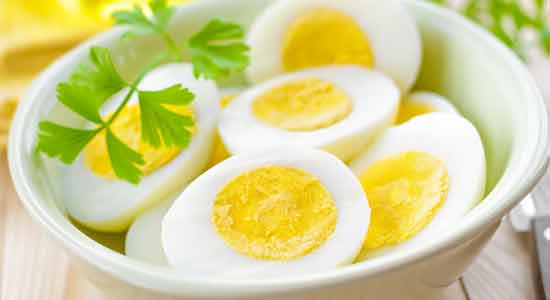
As eggs do not cause spike in insulin and blood sugar levels, they provide a sustained source of energy. Eggs are rich in protein and many other nutrients including riboflavin, iodine, choline, iron, folate and vitamins B12 and B6. The B vitamins are essential for energy metabolism. As iron is essential for the transport of oxygen in the blood, iron deficiency (anemia) causes lethargy and weakness.
2. Whole Grain Cereal
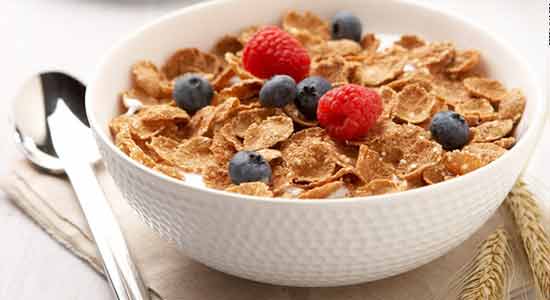
Whole grain cereals are an excellent source of dietary fiber, which slows the release of glucose into the bloodstream, regulating blood-glucose levels throughout the day.
3. Oatmeal
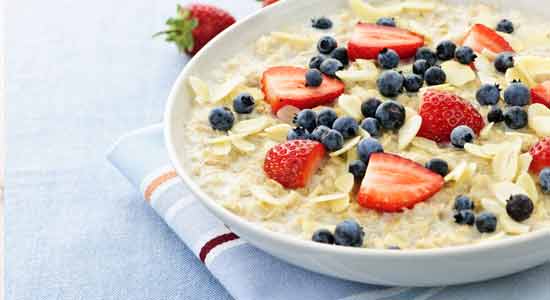
Whole, rolled and steel cut oats contain large quantities of fiber rich carbohydrates and proteins. It’s important to note, however, that many store bought oatmeal packets are usually loaded with extra sugar. This can cause blood sugar to spike and then fall, leaving you low on energy in just a few hours.
4. Nuts and Legumes
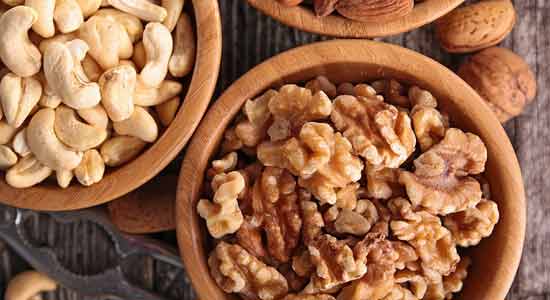
Nuts and legumes provide an ideal combination of healthy fats, proteins and fiber. The healthy fats found in nuts are known for providing long lasting energy. Carbohydrates are the first macronutrient to be broken down in energy production. Towards the end if your fast, once your body has exhausted its carbohydrate supply, it starts to rely on fats for energy production.
Walnuts are particularly high in omega 3 fatty acids.
5. Water
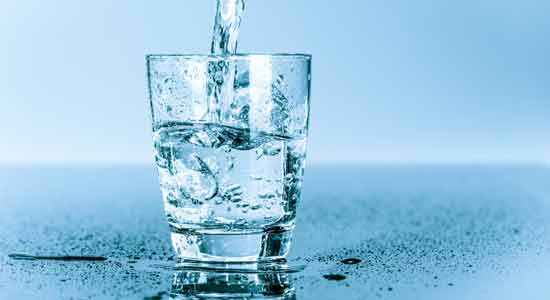
One of the most important determinants of energy levels, especially during Ramadan is hydration status. Without sufficient water we are unable to metabolize food substances into fuel. Try drinking a glass or two half an hour before Sehri (it’s not recommended to drink water right before beginning your fast as it may cause fullness and bloating).
If you still feel dehydrated, try having some oral rehydration solution (ORS) at night.
6. Lentils (daal)
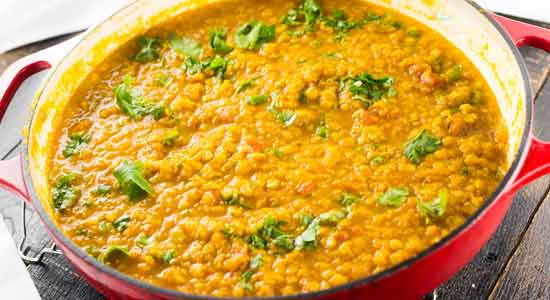
Lentils are an excellent source of dietary fiber and protein. They are also rich in iron, which (as mentioned earlier) is essential for oxygen transport and therefore energy production.
7. Chia Seeds
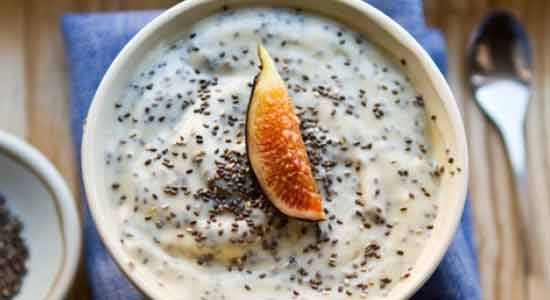
These tiny, nutrient dense seeds pack a giant punch of energy boosting power. They contain lots of protein, healthy fats and fiber and are low in carbohydrates.
8. Greek Yogurt
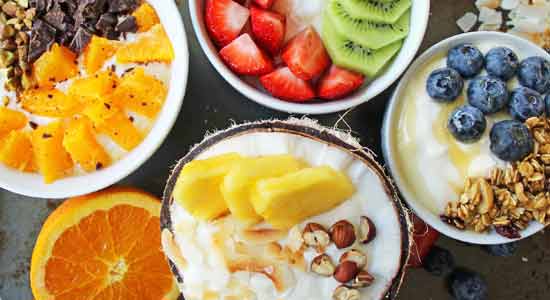
Greek yogurt–and to a lesser extent, regular yogurt as well—is rich in protein. Yogurt also contains probiotics which help with digestion, increase energy levels and can even strengthen your immune system.
Greek yogurt mixed with honey and granola (for fiber and carbohydrates) is a delicious and energy rich sehri food!
9. Chickpeas
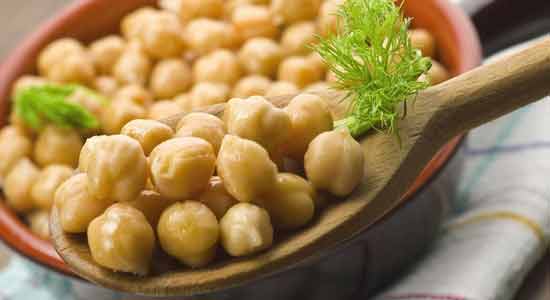
Just half a cup of chickpeas contains 15g of protein—making them an unbeatable source of plant protein.
10. Roti
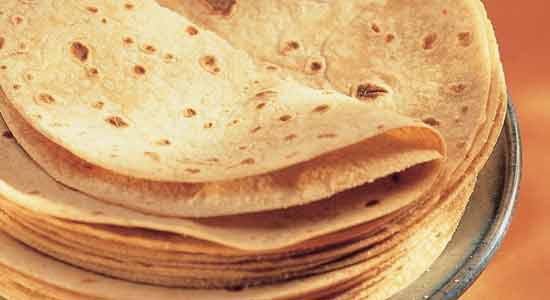
Roti is a far healthier carbohydrate source than bread. Rotis contain complex carbohydrates, fiber and a little protein. They also possess many nutrients and vitamins such as magnesium, calcium, and vitamin B1, B2 and B6.

